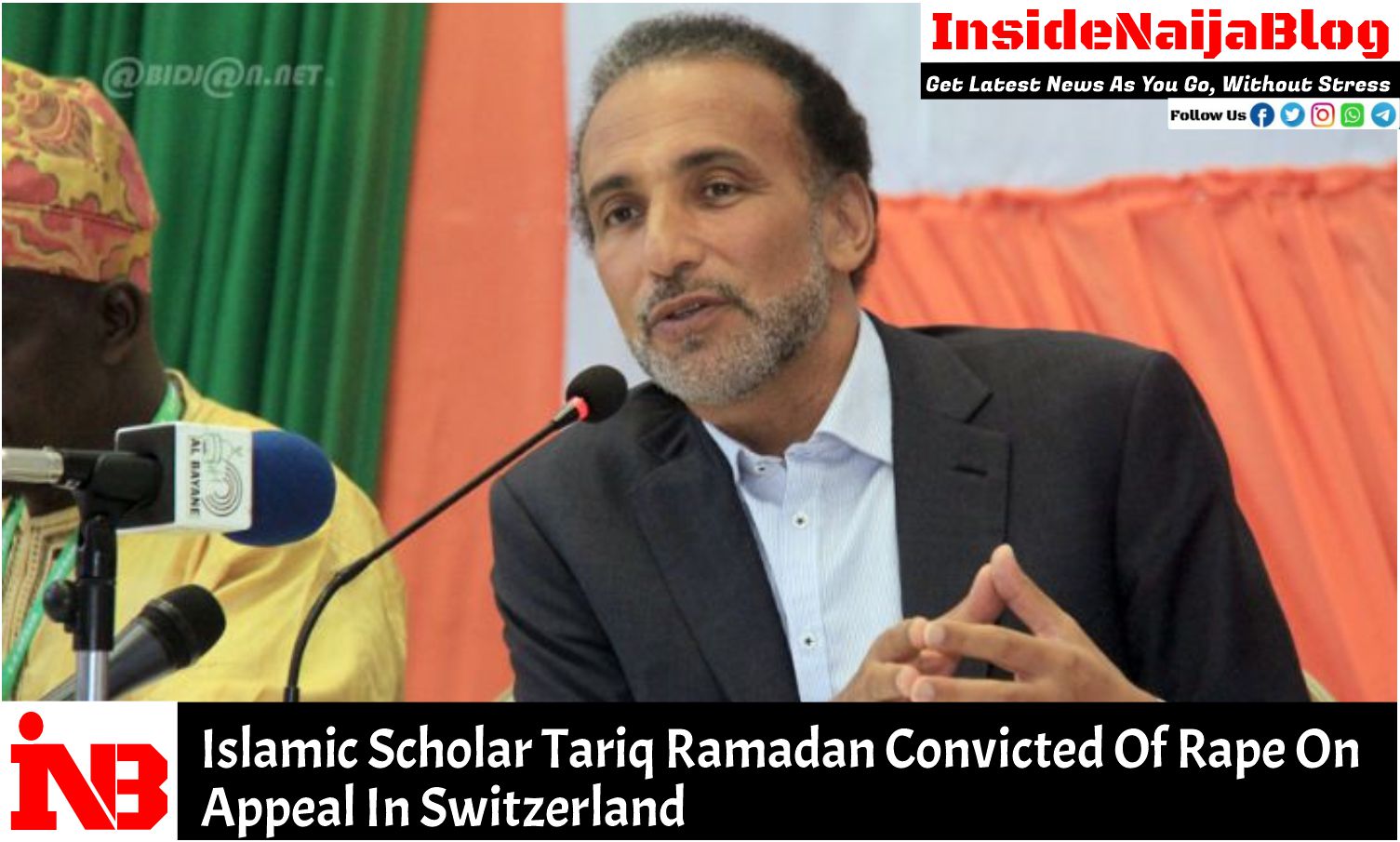Turkey has issued a strong condemnation of Israel, accusing it of attempting to escalate the conflict in Gaza into Lebanon amid a series of deadly explosions that have rocked Hezbollah strongholds. The situation has raised alarms within the region, particularly following remarks from Turkish Foreign Minister Hakan Fidan, who described the escalation as “alarming” during an interview on state-run TRT television. He noted, “We see Israel mounting its attacks towards Lebanon step by step,” indicating a perceived shift in Israeli military strategy.
The recent blasts, which have occurred in various locations, including supermarkets, funerals, and public streets, have resulted in the tragic loss of at least 32 lives, including two children, while injuring more than 3,000 others, according to figures from the Lebanese health ministry. The sheer scale and randomness of these attacks have instilled fear among civilians and prompted urgent calls for international attention to the unfolding crisis.
While Israel has remained largely silent regarding these unprecedented incidents, its Defence Minister Yoav Gallant made a statement on Wednesday, suggesting a broader military focus: “The centre of gravity is moving northward.” This comment has been interpreted by many analysts as a signal that Israel may be considering a more aggressive stance against Hezbollah, a move that could further complicate an already volatile situation.
In the wake of the explosions, Turkish officials have explicitly blamed Israel for what they characterize as increasingly provocative military operations. Minister Fidan stated, “We have come to a point where these operations carried out by Israel have become increasingly provocative, and in return, Iran, Hezbollah, and elements close to them have no choice but to respond.” This statement underscores the interconnected nature of the regional conflicts, where actions taken by one party can trigger retaliatory responses from others, creating a cycle of violence.
Hezbollah, known for its alliance with the Palestinian militant group Hamas, has been drawn into the broader conflict that has escalated since Hamas launched a major attack on Israel on October 7. The violence has led to a significant focus on Gaza, which is controlled by Hamas, yet Israel’s military engagements have also included near-daily skirmishes with Hezbollah fighters along its northern border. Reports indicate that hundreds have been killed in Lebanon due to these clashes, most of whom are believed to be militants, while dozens of Israeli soldiers and civilians have also lost their lives in the ongoing violence.
In a show of solidarity, Turkish President Recep Tayyip Erdogan reached out to Lebanese Prime Minister Najib Mikati on Wednesday to extend his condolences over the tragic wave of blasts. Erdogan has been a vocal critic of Israel’s military offensive in Gaza, frequently calling for a cessation of hostilities and urging for greater international intervention to protect civilian lives.
The rising tensions in the region highlight the precarious balance of power and the potential for further escalation. The situation remains fluid, and observers are closely monitoring developments as the potential for conflict spreads beyond Gaza and into neighboring Lebanon. With Turkey actively engaging in diplomatic efforts and expressing strong opposition to Israeli actions, the dynamics of the Middle Eastern geopolitical landscape continue to evolve, raising concerns about the prospect of a wider regional conflict.


